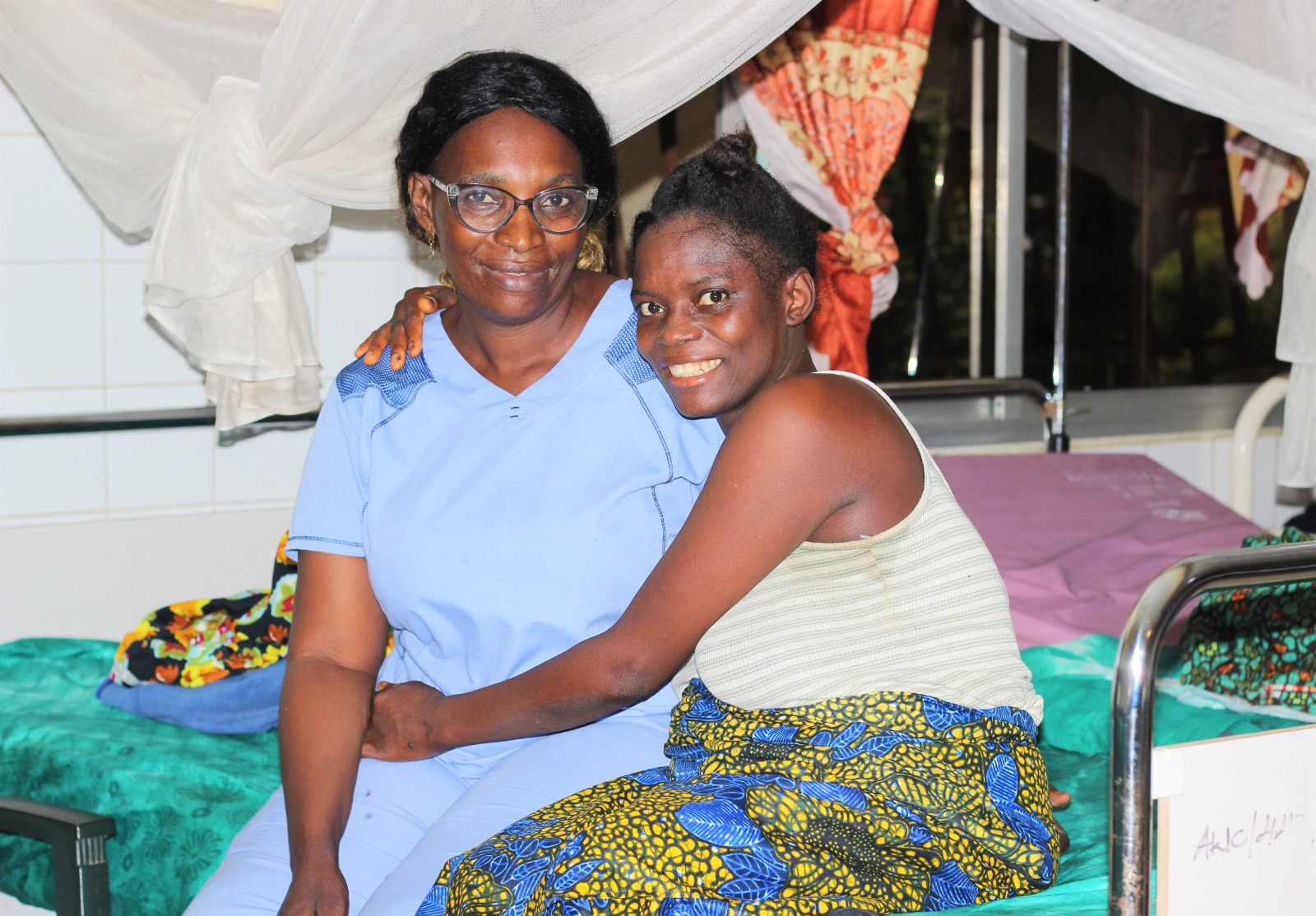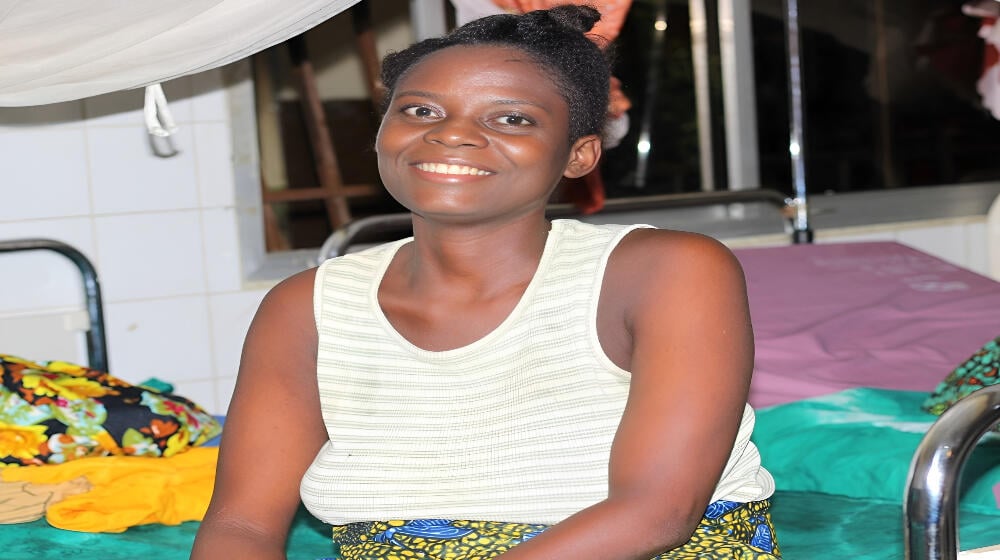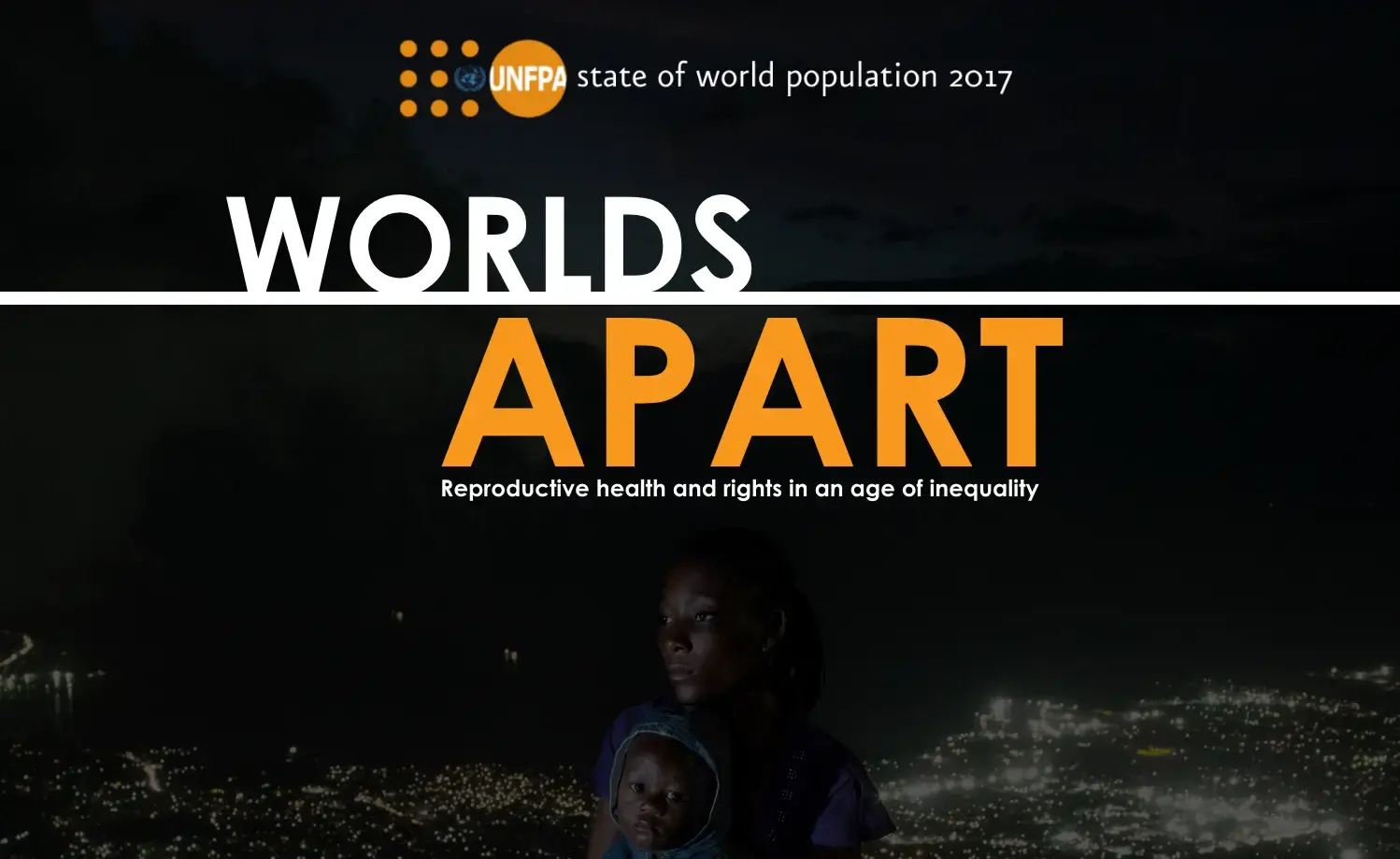Freetown, Sierra Leone – “Living with the condition [obstetric fistula] was a nightmare and painful experience. I was passing urine unconsciously and it came with so much stigma,” says 20-year-old Fatu Kanneh from Kailahun district, east of Sierra Leone.
Pregnant with her first child, Fatu was taken to the Kenema Government Hospital in June 2023 for a caesarean section after she experienced complications during delivery.
A month later, after being discharged from the health facility, Fatu noticed that she had started leaking urine unconsciously.
She had developed major complications leading to obstetric fistula, a serious and tragic childbirth injury that can be caused by a number of factors, including prolonged, obstructed labour or other complications.
It leaves women and girls with an opening between the birth canal and the bladder or rectum leading to constant leakage of urine and/or faecal matter. It is sometimes also the direct result of failure by a health system to provide quality health care during childbirth.
“I felt sad and was heartbroken, thinking of the stigma the condition came with. I stopped feeling felt like a normal human being because I was passing urine unconsciously. However, my family, including my mother-in-law never abandoned me,” says Fatu.
Globally, about half a million women and girls are estimated to be living with obstetric fistula.
Ending the existence of this devastating health condition by 2030 is a fundamental component of achieving the UN’s Sustainable Development Goals.
In line with this goal, UNFPA works with the Ministry of Health – with financial support from the Ministry of Foreign Affairs of the Government of Iceland – to implement a comprehensive programme for fistula prevention and treatment, reintegration of fistula survivors and strengthening of quality of health services.
UNFPA works with Aberdeen Women’s Centre as a partner in carrying out fistula surgeries. Since 2011, over 1,800 fistula surgeries have been performed at the centre with support from UNFPA and other partners, and in collaboration with the Ministry of Health. Through the financial support of the Government of Iceland, plans are underway to institutionalise fistula surgeries in selected Government Hospitals.

“[Aberdeen Women’s Centre] uses a community-based approach, through radio advocacy in encouraging women suspected of having the condition to come forward for screening and treatment,” says Safiatu Kamara, a fistula supervisor at the centre. It was through one such radio talk show on fistula screening and treatment that AWC learnt about Fatu’s condition, which eventually led up to her life-changing moment.
Looking back, Fatu says it is vital for women to give birth in a health facility with the aid of trained healthcare givers. “I will encourage other women with a similar condition [obstetric fistula] to visit the health facilities and not be shy to speak out. Today, I look forward to going back to my community and family with happiness, all thanks to the support by donors,” Fatu said.
Media Contacts:
John Baimba Sesay | Web and Media Analyst | UNFPA Sierra Leone | jsesay@unfpa.org




